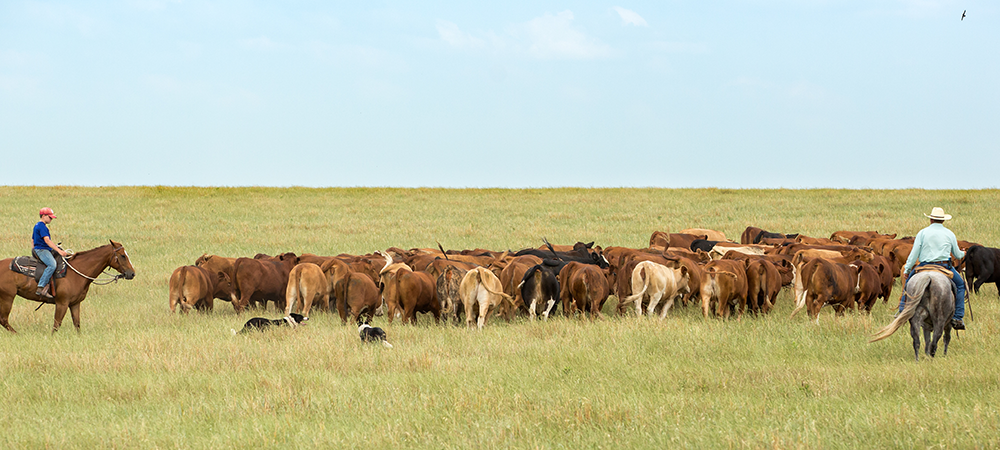
WASHINGTON (June 25, 2021) — This week, the National Cattlemen's Beef Association (NCBA) secured the introduction of the Butcher Block Act in the U.S. House, a bipartisan bill that would provide critical funding to expand capacity for small, regional, and independent processing facilities. The bill is the latest in a long line of efforts by NCBA to create more opportunities for cattle producers to get their cattle processed and capture more of the beef dollar.
Introduced by Rep. Dusty Johnson (R-SD) and Rep. Abigail Spanberger (D-VA), the legislation would establish a stand-alone loan program through the U.S. Department of Agriculture (USDA) to help processors expand capacity, improve marketing options for cattle producers, and encourage competitive markets and pricing for live cattle.
The legislation would also authorize the Secretary of Agriculture to establish a grant program that would support a range of research and training efforts aimed at strengthening the workforce to meet labor needs, and helping processors become federally inspected.
"When there's not enough capacity to process the current supply of live cattle, our producers lose leverage in the market. Expanding capacity is an essential component of the multifaceted effort to increase the opportunities for profitability for cattle producers, and we've been hearing for months that the two biggest obstacles standing in the way of that are lack of capital and lack of labor," said NCBA President Jerry Bohn. "The Butcher Block Act addresses both of those hurdles, and would go a long way to alleviating the bottleneck that is depressing live cattle prices for our farmers and ranchers. We thank Congressman Johnson and Congresswoman Spanberger for their bipartisan work on this urgent need."
The supply of live cattle and the demand for U.S. beef are both strong, but a lack of processing capacity or "hook space" has stifled producer profitability and created unsustainable market dynamics. The urgency of this need for more hook space has been underscored by recent "black swan" market events, like the COVID-19 pandemic and the 2019 fire at a Tyson Foods plant in Holcomb, Kansas.
A recent study by Rabobank found that under the current dynamics of supply and demand, the industry could economically accommodate an additional 5,700 hooks per day of processing capacity, or processing roughly 1.5 million additional head per year. However, access to capital is a major barrier. The average start-up cost for a beef processing facility is roughly $100,000 per hook, which means that someone trying to open a modest 25-hear-per-day facility has to secure $2.5 million in financing just to turn on the lights.
USDA recently announced the creation of two new grant funding opportunities for small, regional, and independent meat processors using funds that NCBA fought hard to secure during December 2020 negotiations over the Consolidated Appropriations Act of 2021. NCBA has also actively engaged with USDA to ensure that increased processing capacity is a component of the $4 billion Build Back Better initiative.
NCBA has been the industry's most vocal proponent for a swift, transparent U.S. Department of Justice (DOJ) investigation into whether or not anticompetitive practices have contributed to a persistent imbalance in the cattle markets.